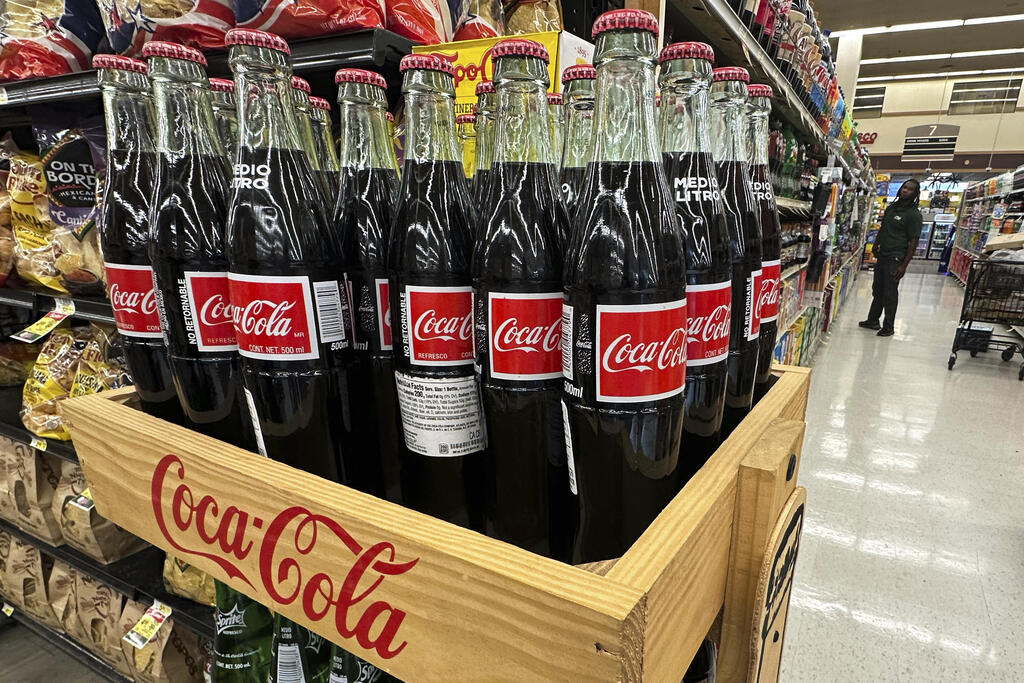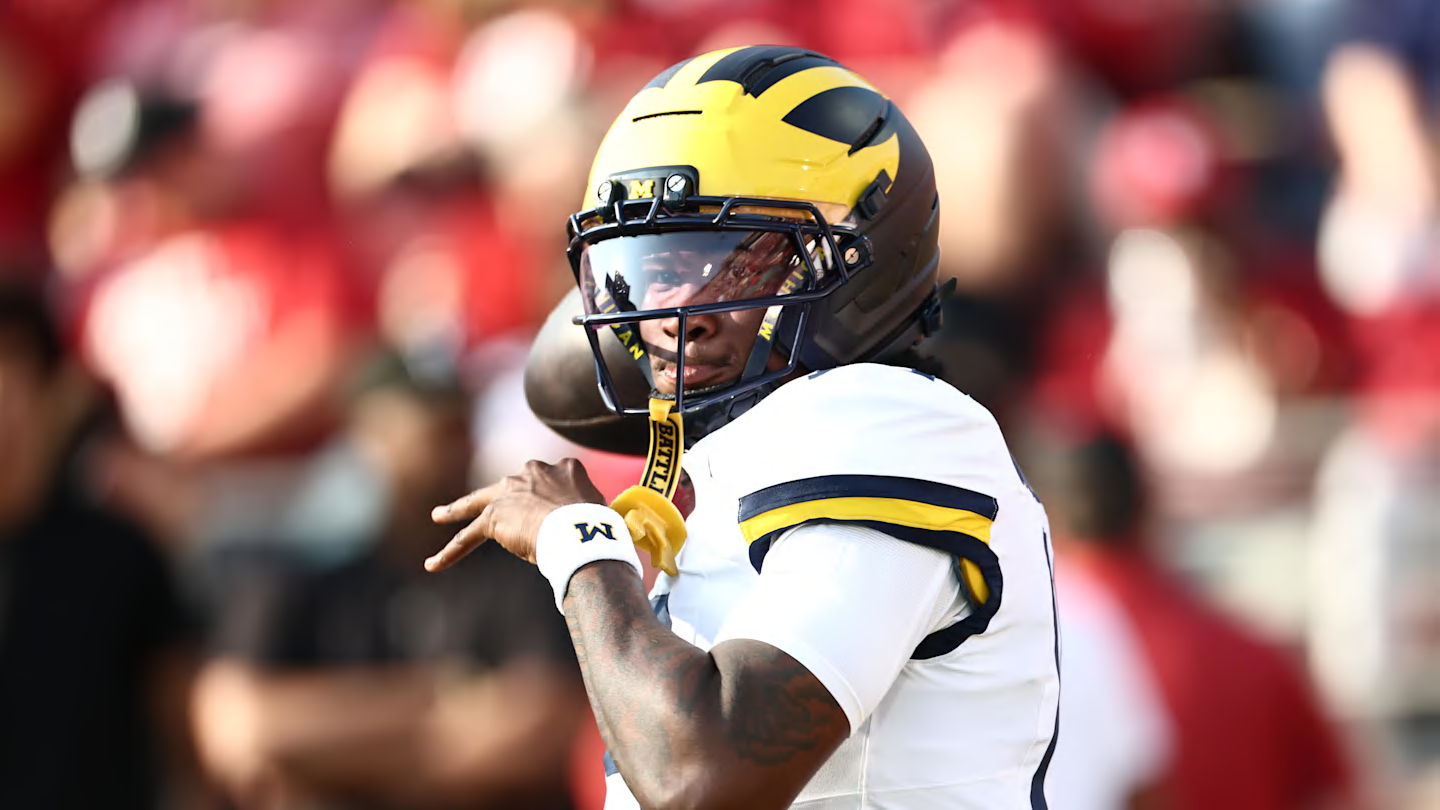But before anyone pops the cap in celebration, it’s important to clarify: Coca-Cola is not discontinuing its traditional formula. Instead, it’s adding an alternative version using cane sugar. “This is a ‘both-and’ strategy, not an ‘either-or,’” CEO James Quincey told concerned investors. “We’ll continue using a lot of the syrup we use today.” In other words, those hoping for a nutritional revolution may need to be patient—if it comes at all.
The new version is expected to launch this fall. The name, pricing and packaging have yet to be revealed, but the direction is clear: premium. “We want to broaden our offerings and meet evolving consumer preferences,” Quincey said. In essence, this is an effort to attract customers looking for a “more natural” label—and perhaps those swayed by nostalgia.
For Israeli consumers, however, the move may sound less dramatic. In Israel, for reasons of both economics and kosher certification, Coca-Cola has long been produced using regular sucrose, primarily derived from sugar beets rather than cane. For Israeli drinkers, then, the new cane-sugar version amounts to a change in source material, not chemical makeup—sucrose is sucrose, whether from beets or cane.
But in the U.S., where corn syrup has dominated for decades, the shift is significant: a costly logistical and branding change—and a political one, too.
Like so many tales in the Trump era, this one began with a post. Last week, the president—famously a Diet Coke enthusiast—boasted on his social media platform, Truth Social, that he had pushed Coca-Cola to bring back “REAL cane sugar,” and that the company had “agreed” to his request. It wasn’t the first time he had raised the issue.
According to a recently published book, 2024: How Trump Retook the White House and the Democrats Lost America, Trump first floated the idea back in January during a conversation with Coca-Cola CEO Quincey. He even looped in, without warning, José Fanjul—one of the wealthiest sugar growers in the U.S. and a major Republican donor.
All this unfolded alongside a campaign by Trump’s health secretary, Robert F. Kennedy Jr., against high-fructose corn syrup. Kennedy, who has dubbed the popular sweetener “a formula for obesity and diabetes,” vowed to ban it entirely as part of his “Make America Healthy Again” initiative. The cane sugar version of Coke aligns perfectly with that message—even if no scientific evidence proves it’s actually healthier.
Today, nearly every cola drink sold in the United States is sweetened with high-fructose corn syrup (HFCS)—a cheap, easy-to-transport sweetener that replaced white sugar in the 1980s as a cost-cutting measure. Generous government subsidies helped make corn a staple of the American diet (and led to the invention of “cornflakes for breakfast”—because if you’re going to consume that much starch, you have to start early). Meanwhile, sugar has remained expensive due to import tariffs and production quotas.
Since the 1970s, the U.S. government has heavily subsidized corn, encouraging overproduction to reduce food prices and ensure national food security. The powerful farm lobby in key states has fought to preserve these benefits each year. Before long, entire swaths of Iowa were blanketed in cornfields, and the crop became a dominant force in the U.S. economy—used for ethanol, livestock feed and low-cost food ingredients like HFCS. Today, a kilogram of white sugar costs more than three times its corn-based counterpart.
A full-scale switch from corn syrup to sugar in Coke would require a sweeping agricultural, logistical and economic overhaul. For now, even a giant like Coca-Cola admits: it’s too big a lift.
Still, the idea of a “real sugar” version isn’t new. Mexican Coke—made with cane sugar and sold in glass bottles—has achieved near-mythical status among nostalgia-loving American soda fans. And every Passover, Coca-Cola releases a limited-edition kosher-for-Passover version made with cane sugar instead of corn syrup. To help customers identify it, the company marks the bottles with yellow caps—a functional detail that has become a seasonal icon and hot commodity in supermarkets serving large Jewish populations.
In a surreal twist, the new cane sugar version might spell the end of an entire Jewish tradition: the annual hunt for “the yellow cap.” For decades, hundreds of thousands of Jewish families following Ashkenazi customs have relied on it as the “pure” cola for the holiday. And they weren’t alone—fans of the original, “cleaner” taste also sought out these bottles obsessively, sometimes paying inflated prices online. TikTok videos documenting the “cap hunt” have racked up hundreds of thousands of views.
But the tradition has also had a darker side. Last Passover, the product became fuel for antisemitic conspiracy theories online. A simple video of a Haredi rabbi explaining the cap’s significance went viral—and was soon weaponized by extremists. “The Jews get the better, healthier version,” read one typical comment. Tweets and posts across social media and conspiracy forums accused “the chosen people” of securing for themselves “the chosen drink,” echoing classic antisemitic blood libels and resurrecting tropes from the Protocols of the Elders of Zion, alleging that Jews secretly hoard resources—whether money, information, vaccines or in this case, soda.
“Nothing about Jews scheming in secret surprises me anymore,” said antisemitism researcher Mike Rothschild. He links the backlash to older conspiracy myths like the “kosher tax”—a long-debunked claim that kosher certification marks mean non-Jewish consumers are secretly paying extra to support rabbis and Jewish organizations. In reality, it’s a minimal fee paid by manufacturers, much like any quality seal, but the myth persists as an antisemitic talking point.
Then as now, conspiracy theories latch onto religious customs and twist them into tales of money and control. Today’s version? “Special, healthier Coke for Jews only”—despite the bottles being available to anyone. But as Rothschild puts it, conspiracy logic is “a funhouse mirror with no exit.”
The key question hovering over Coca-Cola’s new cane sugar version is whether it will actually benefit consumer health. Most experts agree: nutritionally, high-fructose corn syrup and cane sugar are nearly identical. “The only thing that really matters is the number of calories,” said Marion Nestle, professor emerita of nutrition at New York University.
On average, Americans consume about 20 teaspoons of sugar per day—far beyond the World Health Organization’s recommended 25–50 grams (or 6–12 teaspoons), regardless of the sweetener’s source. In Israel, the situation is similar, with sugar consumption roughly double the recommended amount, according to national health and statistics agencies. Even Health Secretary Kennedy, a vocal critic of the food industry, admitted the real issue is quantity—not type.
The economic picture is even more complicated. The National Corn Growers Association has warned of a potentially devastating impact if Coca-Cola were to pull away from corn syrup, estimating losses of over $5 billion in farm revenue and major job disruptions. A full shift to sugar would result in sharp price increases and logistical headaches, including heavy import requirements and government quota constraints. Coca-Cola is well aware and has chosen to walk a fine line: insisting there’s “no fundamental change” to the core formula while marketing the cane sugar version as a premium product—not a replacement—justifying a higher price tag.
If history is any guide, the price hike is real. The kosher-for-Passover version of Coke, made with cane sugar, regularly sells for double the price of regular Coke—and sometimes five times as much online. Between higher ingredient and production costs and a surge in demand, the cost rises fast.
And what about the taste? That depends on whom you ask—and how nostalgic they are. Fans of the Passover version insist it tastes “purer,” less heavy. Even former Coca-Cola executives have admitted as much. Scientifically, the differences are minor. Corn syrup delivers a quicker, sharper sweetness, while cane sugar provides a slower, smoother sweetness. Whether that’s worth the media buzz or higher cost is a matter for the comment sections.
In the end, one red label now brings together politics, economics, religion, health and conspiracy theories. For many American Jews who scramble each spring to secure a six-pack of “Passover Coke,” the year-round version will be a welcome relief. Others may miss the tradition: if cane sugar Coke becomes standard, the mother-and-child hunt for yellow caps might become just a memory.
One thing’s certain: Coca-Cola has once again bottled far more than just sugar.
Source link




